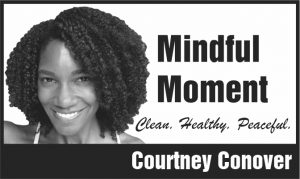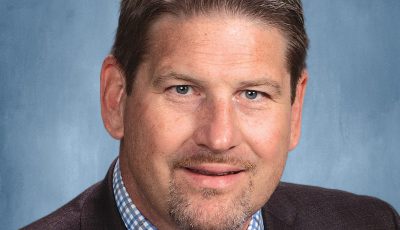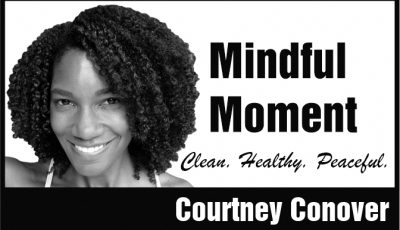She says this creates highly successful kids—do you agree?
 School is back in session. But let’s face it, parents and caregivers never get a break from—and never stop learning about—what it means to become better at raising their children.
School is back in session. But let’s face it, parents and caregivers never get a break from—and never stop learning about—what it means to become better at raising their children.
There’s no manual for what—at times—can only be characterized as a topsy-turvy obstacle course. We learn the ropes as we go. And I have yet to encounter anyone who says this journey is easy. I’ve said it before, and I’ll say it again: I stand firm in my conviction that parenthood is the toughest (and most expensive) hood to live in.
So, with all that in mind, parenting expert Margot Machol, recently posed a bevy of thought-provoking questions: “What is a parent’s role in raising smart, confident, and successful children? What matters? What doesn’t? These are questions I never thought to ask,” says Machol, a mom of two.
I’ll be the first to admit that I have indeed considered those questions before. I’m also a mother of two—one is in elementary school; the other is in middle school—and those who know me understand one of my biggest fears is not quite getting the job done. I don’t want my kids to eventually be the kind of adults who can’t function in life without clinging to my husband and me. (And I’ll bet I’m not alone here; no one wants that for their child.)
I mean, yes, when my children no longer need me, I fully anticipate that I’ll feel the pangs of a bruised ego. But, deep down inside, I know their eventual independence is necessary. Yet, independence is likely not a parent’s only goal.
We want them to be responsible, too. And we want them to be go-getters. We want them to always choose the harder right instead of the easier wrong. And, most importantly, after they’ve flown the nest, we’ll want them to like where they end up landing.
Which brings us back to Machol’s questions, or more specifically, the answers to those questions. Machol interviewed the parents of successful entrepreneurs and discovered three hard parenting rules that she believes will make all the difference in our children. Side note: the names of some of these entrepreneurial offspring may be familiar to you. Here’s what those parents said:
Give kids extreme independence
This advice comes from Esther Wojcicki, the mother of the Wojcicki sisters: Susan was involved in founding Google and is currently the CEO of YouTube; Anne co-founded the personal genomics company 23andMe. Esther’s girls were given the kind of freedom that some parents would eschew today. “I had three children in four years—and no help—so I put them to work out of necessity,” Esther says. Machol says there’s room for interpretation here—and plenty of opportunities (i.e., assigning chores) to help foster a child’s confidence. But the takeaway here is to promote responsibility.
Actively nurture compassion
In other words, you can’t just talk about how others are suffering. A parent must go deeper than that. Machol says that children whose parents show them how it feels to help others who are struggling get a head start in developing a compassionate outlook. Machol learned this firsthand from Scott Harrison’s mother, Joan. Harrison is the founder of charity: water, a non-profit that restores and maintains wells to give people sustainable access to clean water, and since its inception has brought clean water to 12 million people. Before Joan passed away, she told Machol that when Harrison was just a wee little thing in elementary school, Joan would help him sort through books, clothes, and toys that he would give away to kids who could use them.
Welcome failure early and often
Now, this one is really hard, primarily because who wants to stand idly by while their child falters? But Machol says that’s precisely what we need to do. We cannot protect our children against failure. Instead, we need to embrace it. Take the case of Nia Batts, for example: She was riding high as a successful executive at Viacom but left it all to follow her dreams of starting something from scratch. She co-founded Detroit Blows, an inclusive, non-toxic hair and beauty service. Remembers Nia, “My mom was a trial attorney. Most of the time she won, sometimes she lost. I remember my dad often asking me, ‘What did you fail at today?’ He asked me when I was young when he was driving me to or from school; he asked me when I was in college; and he asked me more frequently when I started to work.” Machol thinks this is profound. “Nia’s parents wanted to make sure they created an environment where it was okay to fail,” says Machol.
Okay, Dispatch parents and caregivers: What would you add to this list?







